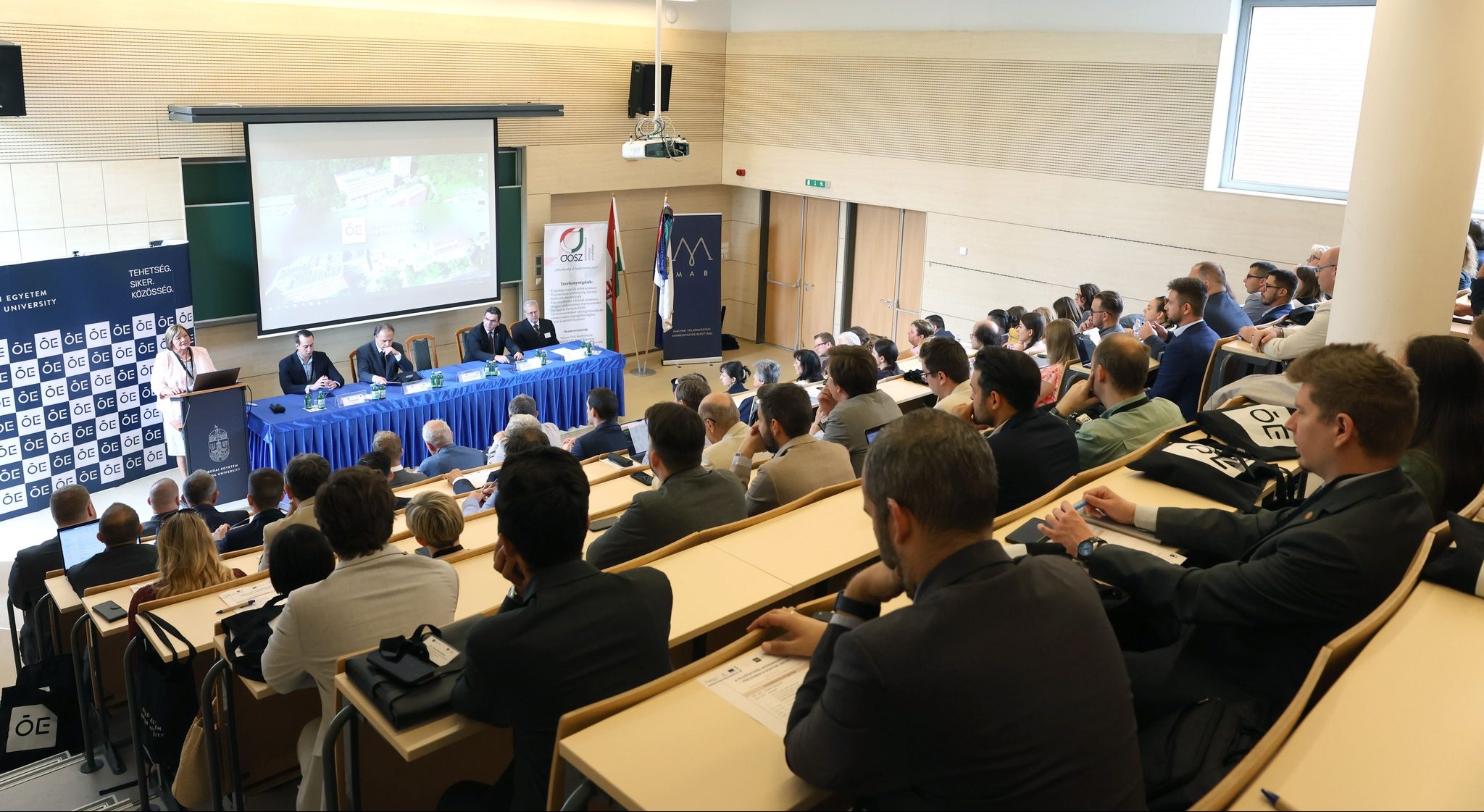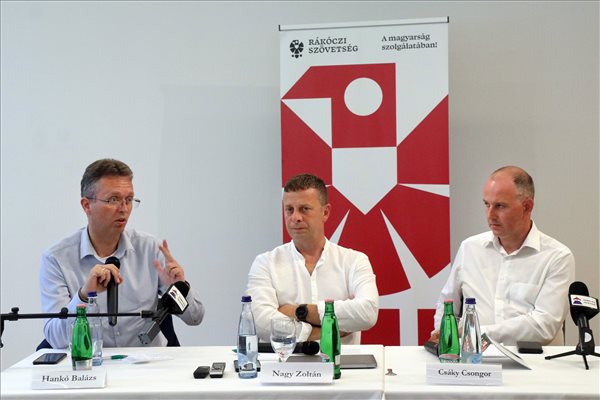
Balázs Hankó said that "In addition to scientific publications, a patent is also worth a doctorate."Continue reading

“A nation is not a servant, but an opinion-former, if it has a knowledge advantage,” said Balázs Hankó, Secretary of State for Innovation and Higher Education of the Ministry of Culture and Innovation, on Saturday in Sátoraljaújhely (a town in northern Hungary, along the Slovak border), at the panel discussion on education in the Carpathian Basin at the Rákóczi Free University.
The state secretary stressed that this is why it is important that our foreign graduates in key fields not only obtain a degree in the Carpathian Basin, but also reach a leading position.
He underlined that it is clear that we need to gain a knowledge advantage, which is possible by increasing the number of graduates and by creating a structure in which institutions with a Hungarian identity offer courses.
According to the State Secretary,
an increasing number of young people should be directed to institutions with a Hungarian identity.
Currently, 7,000 young Hungarians from abroad are studying in higher education in the country. Most of them come to Hungary to study from Délvidék (Southern Territories, often refers to Vojvodina in Serbia), Transcarpathia (formerly part of Hungary, now Ukraine) and Felvidék (formerly part of Hungary, now Slovakia), he said.
Balázs Hankó highlighted that with the Neumann János Program, they are trying to ensure that innovation research resources are used in the Carpathian Basin and reach Hungarian higher education institutions.
He said that they had started to expand vocational training practice in the Carpathian Basin, linked to higher education or church-run institutions.
The heart of this is dual vocational training, bringing economic benefits by linking vocational training to Hungarian economic actors.
Hankó said that the scholarship programs give priority to supporting young people in teacher training, a training profile that is most prominent in Délvidék, and Felvidék, Transylvania, and Szeklerland (Székelyföld).
Zoltán Nagy, president of the School Foundation (Iskola Alapítvány), said that according to a survey, the student population in Transylvania, including Romanians, had decreased by 10 percent, while the number of Hungarian students had dropped by 12 percent.
He noted that when Hungarians in Transylvania start school, they not only take into account the support for education and the quality of education, but also the infrastructure and complementary programs. One example is the support for afternoon education, in which the School Foundation, with the help of the government, is supporting 2,500 children in 50 schools.
Csongor Csáky, President of the Rákóczi Association, said that in September, in cooperation with the School Foundation, 38 school buses will be put at the service of the region, so that children living there can attend Hungarian schools. He added that this program had started in Felvidék, where 16 school buses in 15 settlements had resulted in 30% more children being enrolled in Hungarian schools.
According to the president of the association,
one of the determining factors of assimilation is the language of the school the parents choose for their children, so the efforts of teachers to convince parents to choose Hungarian schools are important.
Csongor Csáky pointed out that in schools where the association is present, teachers are key players, as it is through them that students are reached.
Via MTI, Featured photo via MTI/Vajda János